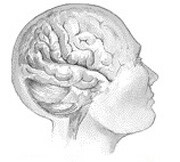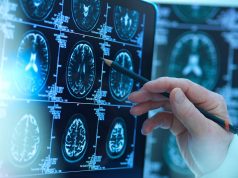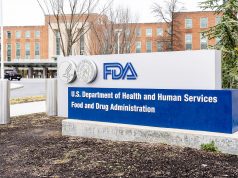Dose-response associations identified for traumatic brain injury severity and frequency
TUESDAY, June 2, 2015 (HealthDay News) — Patients aged 55 years and older presenting to an inpatient/emergency department setting with traumatic brain injury (TBI) have an increased risk of developing Parkinson’s disease (PD), according to a study published in the June issue of the Annals of Neurology.
Raquel C. Gardner, M.D., from the University of California, San Francisco, and colleagues used inpatient/emergency department International Classification of Disease, Ninth Revision code data from California hospitals to identify patients aged 55 years or older with TBI (52,393 patients) or non-TBI trauma (NTT; 113,406 patients) from 2005 to 2006. During follow-up ending in 2011 they estimated the risk of PD after TBI.
The researchers found that TBI patients were more likely than NTT patients to be diagnosed with PD (1.7 versus 1.1 percent; P < 0.001; adjusted hazard ratio [HR], 1.44). There was a similar risk of PD for TBI sustained via falls versus nonfalls (interaction, P = 0.6). There was evidence for a dose response with respect to TBI severity (mild TBI: HR, 1.24; moderate/severe TBI: HR, 1.5) and TBI frequency (one TBI: HR, 1.45; more than one TBI: HR, 1.87)
“Among patients aged ≥55 years presenting to inpatient/emergency department settings with trauma, TBI is associated with a 44 percent increased risk of developing PD over five to seven years that is unlikely to be due to confounding or reverse causation,” the authors write.
One author disclosed financial ties to the pharmaceutical industry.
Copyright © 2015 HealthDay. All rights reserved.








